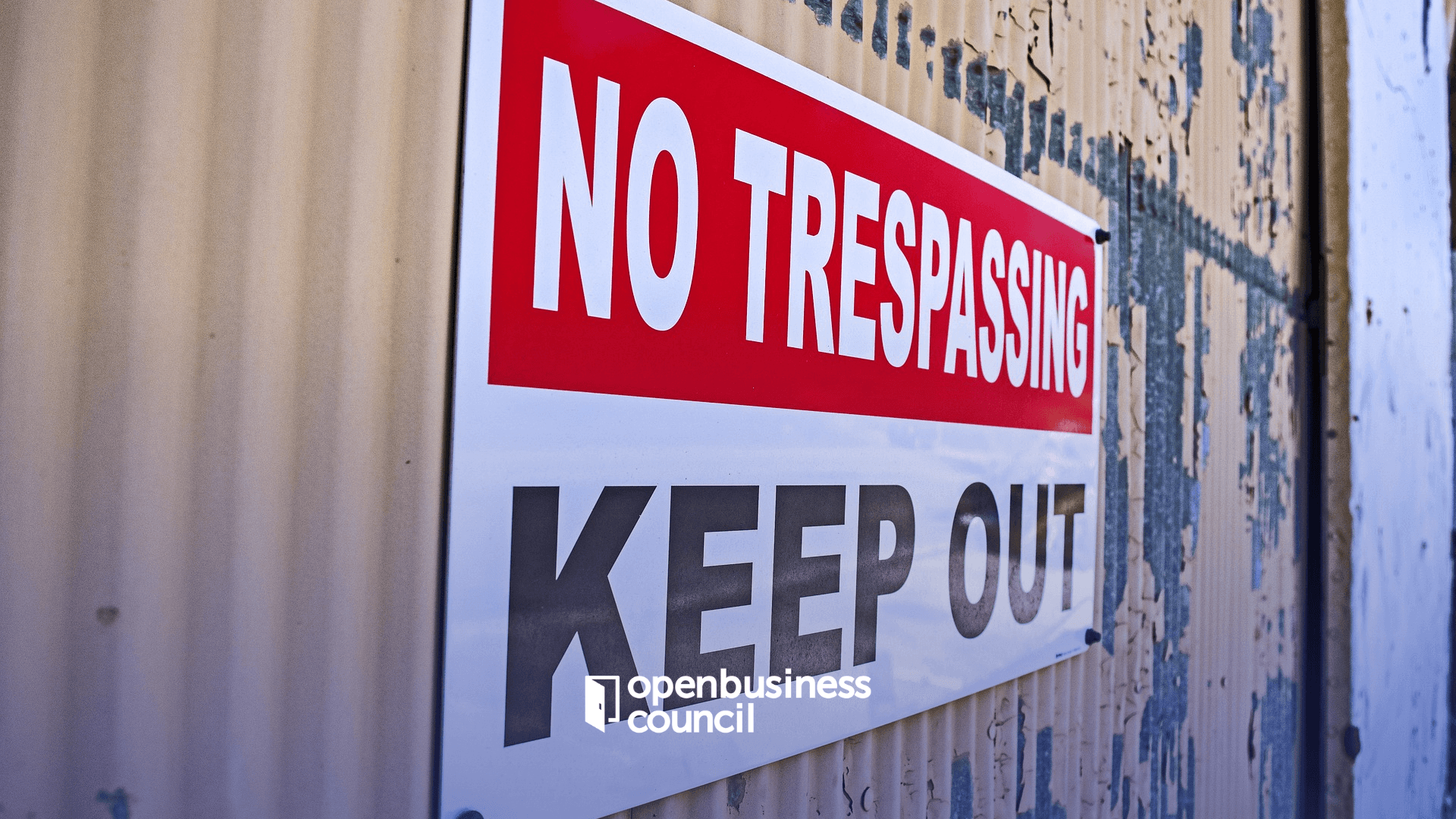business resources
Slip and Fall on a Business Property: Who Should Be Held Liable?
14 Oct 2022, 4:23 pm GMT+1
Slip and Fall on a Business Property Who Should Be Held Liable_1.png
Slip and fall accidents are common occurrences, and they can happen anywhere. However, when they happen on somebody else's property, the question of liability often comes into play. In many cases, the business or property owner is held liable for any injuries that occur as a result of a slip and fall accident. In this blog post, we will discuss who should be held liable in the event of a slip-and-fall accident on a business property.
When Would A Business Be Liable?
Usually in this type of case, businesses are those who are held liable. According to Carpenter & Zuckerman experts, slip and fall accidents occur for a variety of reasons, but are often associated with dangerous conditions such as wet floors, uneven walking surfaces, as well as bad weather like ice, snow, and sleet. There are generally three conditions that must be met in order for a business to be held liable in a slip and fall accident:
1. Business Is Aware Of The Danger
The business must have been aware of the dangerous condition. This means that the company either created the dangerous condition or knew about it and did not do anything to fix it. For example, if there is a spill on the floor and the business does not clean it up, they would be considered aware of the dangerous condition.
Consulting with attorneys in Vidalia, GA could help determine if the business was negligent in addressing the hazardous situation. It's important to assess if the business had sufficient time to address the danger or if the hazard was present for an unreasonable amount of time.
2. Business Had Time To Fix It
The business must have had time to fix the dangerous condition. This means that the business had enough time to fix the problem before the accident occurred. For example, they would not be held liable if a spill happens and the business immediately cleans it up.
3. Failed To Fix It
The business must have failed to take reasonable care to fix the dangerous condition. This means that the business did not take steps that a reasonable person would take to fix the problem. For example, if a spill happens and the business does not put up a sign to warn people about it, they would be considered liable.
These are the general conditions that must be met in order for a business to be held liable in a slip and fall accident. There are some exceptions to this general rule, though. For example, if the person who slipped and fell was trespassing on the property, the business would not be held liable.
When Wouldn’t A Business Be Held Liable?

There are some circumstances where a business would not be held liable in a slip and fall accident. These include:
- If the person who slipped and fell was trespassing on the property
- If the person who slipped and fell was aware of the dangerous condition and chose to ignore it
- If the person who slipped and fell caused the dangerous condition
- If the dangerous condition was not created by the business or property owner
These are some of the circumstances where a business would not be held liable in a slip-and-fall accident. However, each case is unique and liability will ultimately be determined by the court.
In conclusion, the business or property owner is typically held accountable when a slip and fall accident takes place on a commercial property. There are a few exceptions to this rule, though. It is crucial to consult with a knowledgeable personal injury attorney who can assist you in determining liability if you have been in a slip and fall accident. For assistance with your case if you were hurt in a slip-and-fall incident, speak with a skillful personal injury attorney.
Share this
Arthur Brown
Writer
A dad of 3 kids and a keen writer covering a range of topics such as Internet marketing, SEO and more! When not writing, he's found behind a drum kit.
previous
What Type of Business is the Chamber of Commerce?
next
What Do You Do After A Motorcycle Accident?